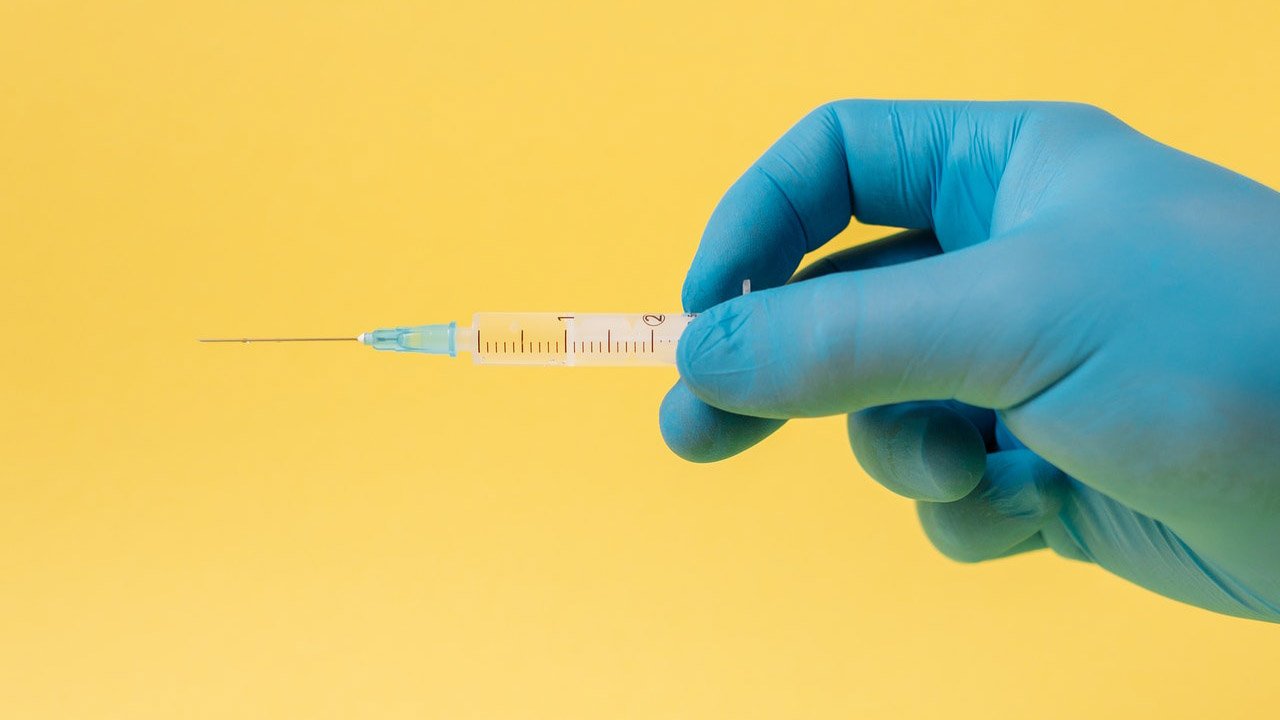The Covid pandemic has been something of a double whammy for people with compromised immune systems: not only are they at higher risk for severe disease and death if they get infected, but they are less likely to achieve strong protection from widely-available vaccines.
In the U.S., some 9 million are immunocompromised. They are cancer patients whose intensive treatments have weakened their immune systems. They are organ transplant recipients who need medications to suppress their immune response to prevent transplant rejection. They are people with rare disorders that strip away the usual immune protections.

They are also generally more vulnerable, at risk for a staggering array of health problems. But thanks to research and development efforts from scientists in Germany, they finally have some good news: a potential Covid vaccine tailored to people with weakened immune systems.
This vaccine, known as CoVac-1, is based not on mRNA but on peptides: small components that make up proteins. The vaccine was designed to induce immunity from T cells, important weapons in the immune system arsenal that may be present even among the immunocompromised. CoVac-1 was developed to allow T cells to recognize not just the viral spike protein, but several other important targets on the virus as well.
At this week’s annual meeting of the American Association for Cancer Research, scientists from University Hospital Tübingen presented results from the latest clinical trial of the vaccine candidate. It was a small study, and still early stage, but results were good: 93% of immunocompromised participants mustered a measurable T cell response one month after inoculation. This was especially promising because 64% of the people in the study had previously been vaccinated against Covid, and none had responded to those vaccines.

“CoVac-1 is designed to induce broad and long-lasting SARS-CoV-2 T-cell immunity, even in individuals who have impaired ability to mount sufficient immunity from a currently approved vaccine, and thus protect these high-risk patients from a severe course of COVID-19,” said Juliane Walz, one of the scientists involved in this work, in a statement.
Early-stage studies like this one are designed to assess safety and tolerability; later-stage, larger studies will really tell us how effective a vaccine candidate is in providing protection. Based on the positive results so far, researchers are now preparing such a late-stage trial for CoVac-1.

















